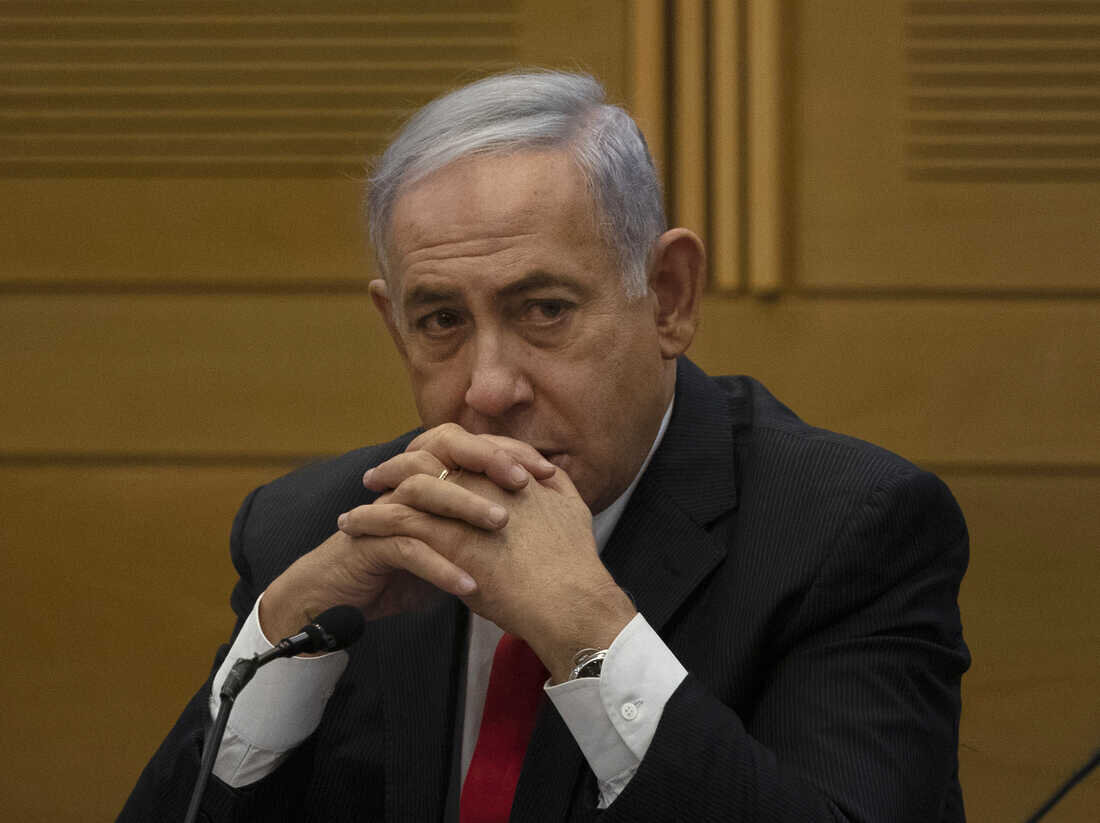Israeli wishful thinking
Six months into the Gaza war, Netanyahu’s goals remain elusive

TEHRAN - Six months into the Gaza war, Israel is further sinking into a horrific quagmire as it has failed to achieve its purported military aims.
Israel launched its genocidal war on the Gaza Strip on October 7 after Hamas carried out Operation Al-Aqsa Flood in southern Israel.
More than 1,100 people were killed when Hamas conducted the military operation and about 250 were taken captive.
Following a weeklong truce in late November, more than 100 captives were freed.
Israel says 134 captives remain in Gaza; more than 30 of whom are presumed dead. Some of the captives lost their lives during Israeli attacks on Gaza.
The Israeli prime minister has been pursuing two objectives since October 7, destroying the Palestinian resistance movement Hamas and bringing back captives.
Benjamin Netanyahu has stressed that the Israeli army would continue strikes against Gaza until achieving total victory over Hamas.
Israel has killed more than 33,000 Palestinians and wounded nearly 76,000 others over the past six months, but it has failed to attain its stated goals.
According to Foreign Affairs, an American magazine of international relations and U.S. foreign policy, Israel’s biggest failure in Gaza concerns the captives.
Israel has been bogged down in Gaza. Besides, it has been isolated internationally more than ever and divided domestically.
Military failure
The Netanyahu regime has been trapped in a military campaign in the besieged Palestinian territory.
Israeli military officials claim that 20 of 24 Hamas battalions in Gaza have been dismantled, many of the group’s tunnels have been destroyed and a large number of resistance fighters have been killed. Despite such claims, Palestinian fighters have put up resistance against Israeli forces.
Michael Milshtein, a former high-ranking Israeli military intelligence officer who is now an expert in Palestinian studies at Tel Aviv University, told the Associated Press that the regime faces two unappealing choices.
He said Israel should accept a captive and ceasefire deal that acknowledges Hamas has survived, or step up the military campaign and conquer Gaza in hopes that Hamas will eventually be destroyed.
Milshtein added that expectations that the Israeli military’s current approach can destroy Hamas or force it to surrender is “wishful thinking.”
Likewise, over 600 Israeli troops have been killed since October 7. This includes more than 250 who have been killed in the regime’s ground offensive in Gaza that began in late October.
Israeli strikes have devastated much of Gaza and displaced more than 80 percent of the territory’s 2.3 million population.
Israel also remains accused of deliberately starving Gazans amid UN warnings about a looming famine in the territory.
Nonetheless, Netanyahu has vowed that the Israeli army will launch a ground offensive in Rafah where more than half of Gaza’s population has sheltered in the wake of deadly strikes across the Gaza Strip.
Israel ordered Palestinians to flee to Rafah but it continues to carry out deadly air raids in Gaza’s southernmost city.
Concerns are growing over a potential genocide if the regime launches a ground incursion into the city.
Intl. isolation
Israel has largely become isolated internationally as it continues to massacre Palestinian people in Gaza and starve the residents of the territory. It has largely shut off the entry of food, water, medicines and other essentials since launching war on Gaza. Its forces have also fatally shot Gazans who wait for the delivery of food from a limited number of trucks which have been allowed to enter northern Gaza.
The regime’s isolation further came to light when the United Nations Security Council passed a resolution on March 25 demanding an immediate ceasefire. The U.S., Israel’s main supporter, abstained.
The situation got worse for Israel. Opprobrium heaped upon the regime after it killed seven World Central Kitchen aid workers. Six of the victims were volunteers from countries allied with Israel, which antagonized them.
Amid mounting pressure, Israel has approved the reopening of the Erez crossing in northern Gaza for the first time since October 7.
Domestic division
Public discontent has further simmered in Israel over Netanyahu’s handling of the Gaza war.
Weekly protests against his cabinet have grown and attracted thousands. The protesters demand Netanyahu’s resignation and early elections.
Polls suggest if an election were held today, Netanyahu would lose to his rival, Benny Gantz of the National Unity party, who is also a member of his war Cabinet.
Netanyahu believes the continuation of the Gaza war offers him a lifeline. Hence, he seeks to prolong the war for his political survival and shirk responsibility and accountability for his regime’s failure to foresee or prevent Operation Al-Aqsa Flood.
Hamas popularity
Despite the dire humanitarian situation in Gaza, Palestinian people in the besieged territory remain supportive of the resistance movement Hamas.
Most Palestinians, including more than 70 percent in Gaza, consider Hamas’s October 7 attack as justified.
Polls suggest Hamas is more than twice as popular as the Palestinian Authority which holds sway in the West Bank.
Israel has tried to demonize Hamas. But its rising popularity highlights the regime’s failure to crush the Palestinian resistance.
Leave a Comment